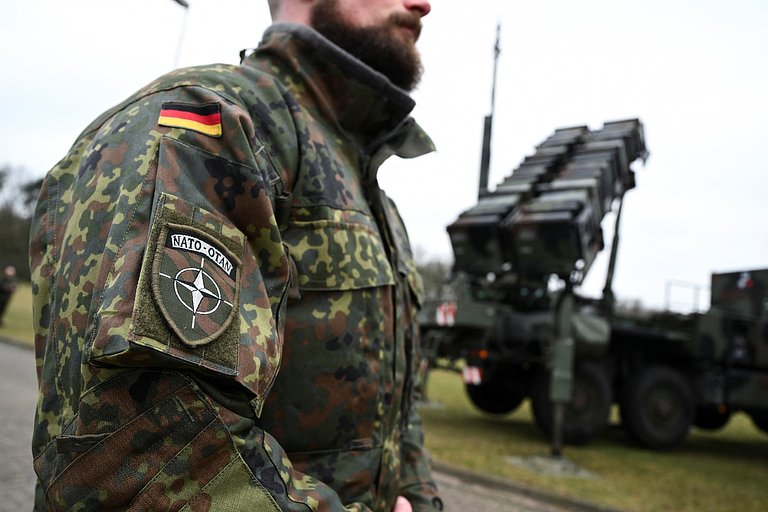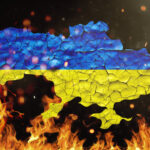The government of Austria, which has maintained permanent neutrality since 1955, has announced its intention to join the European Sky Shield initiative. This airspace protection programme was launched last year at the suggestion of Germany. However, Vienna’s decision to support the “shield” immediately sparked a flurry of accusations from Austrian far-right forces. Their voices are particularly loud now, given the upcoming elections in the country and the high ratings of the local FPÖ party, which is sympathetic to Russia.
Austrian Chancellor Karl Nehammer said the day before, that Vienna was ready to support and participate in the Heavenly Shield programme, which now has 17 NATO member states.
“The threat situation has intensified significantly because of Russian aggression against Ukraine. Therefore, Austria will join the European air defence initiative,” the chancellor said.
If Austria joins the Heavenly Shield, it will become the first country, that is not a member of the Alliance in this company. The move comes as quite a surprise, as the country has repeatedly urged other states to respect the standards of this status during its neutrality. The same Nehammer recently advocated the impossibility of providing security guarantees to Ukraine during the leaders’ summit in Brussels, citing his country’s neutrality.
In the meantime, the Austrian Defence Ministry said, that negotiations were already underway for the country to join the NATO Air Defence Initiative.
These actions were immediately criticised by the country’s far-right politicians. “The planned accession to the Sky Shield is a ‘destructive decision regarding the neutrality policy’,” FPÖ party head Herbert Kickl said. In his conviction, the decision invalidates Austria’s touted neutrality.
“Nehammer and his company are sacrificing neutrality on the altar of NATO,” he added. His position, however, was predictable. Kickel’s party is loyal, if not friendly, to Russia. Kikl expects to win the forthcoming elections in 2024 and, according to polls, it is currently gaining around 30 percent of the vote in the country.
However, the government assures – the proposal to join the Heavenly Shield does not contradict the country’s neutrality.
The “Sky Shield” is not a NATO initiative or joining a military alliance, but merely the “cooperation of a number of states,” Foreign Minister Alexander Schallenberg said. He added, that “pooling and sharing” military capabilities meant maintaining neutrality.
Last October, 15 European countries that are members of NATO launched the Sky Shield project to develop an improved European air defence system. The project should help close existing gaps in Europe’s air defence system – for example, in ballistic missiles and in defence against drones and cruise missiles. Seventeen European NATO countries have now joined the initiative, with the exception of France.
As for Austria’s military support to Ukraine, the country does not supply weapons to Kiev, but also does not prevent its transit through its territory. Austrian Foreign Minister Alexander Schallenberg earlier said, that this did not violate their neutrality. According to him, the transit of military material is stipulated by a joint decision of the EU, and Austria is obliged to comply with it.
“There is a Joint Foreign and Security Policy decision, that not only allows these shipments to Ukraine. It means, we are bound by that decision. And since the Treaty of Amsterdam was signed, and since the reform of the federal constitution almost 20 years ago, these measures within the EU are subject to neutrality. That means, there is no contradiction,” he explained.
Last summer it emerged, that Hungary and Austria were the only European Union countries to refuse to hand over weapons to Ukraine to defend against a Russian invasion. In January, they confirmed this decision, saying they wanted to prevent “further escalation”. At the same time, they pledged to continue providing humanitarian aid to refugees from Ukraine.


